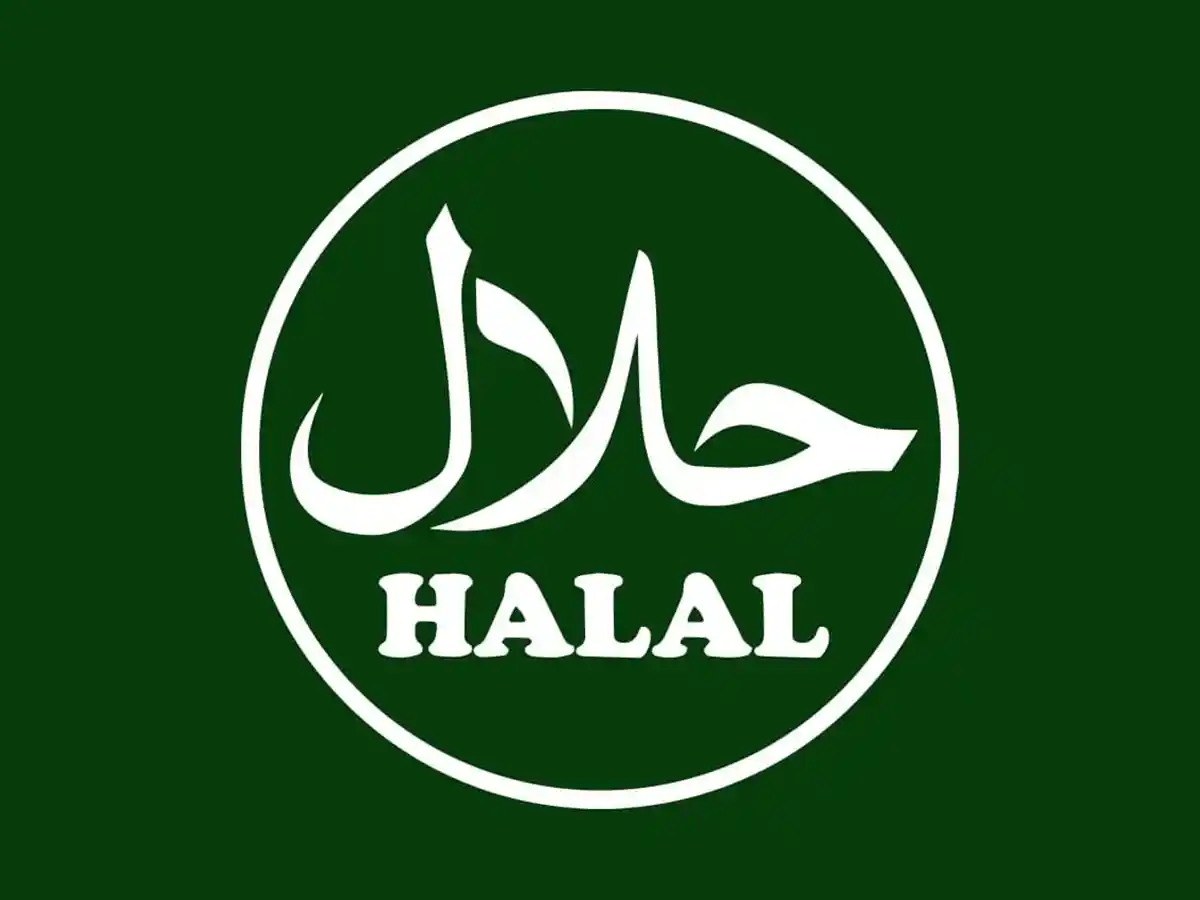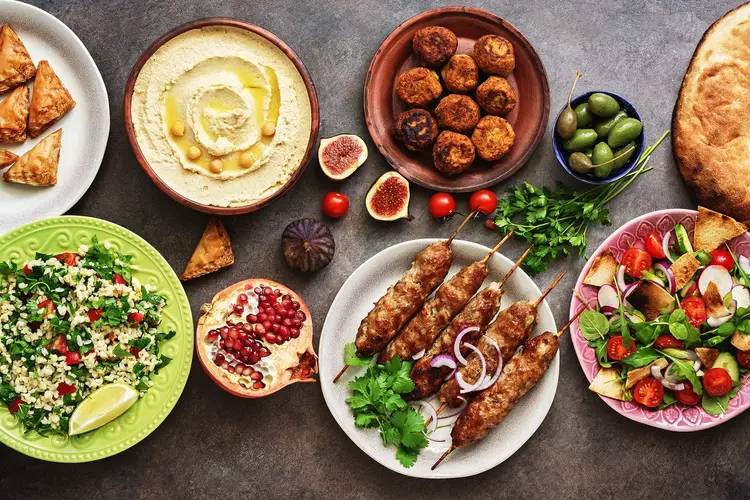Halal food producers can boost profitability by appealing to consumers beyond their primary market, but complacency and limited marketing efforts are standing in the way.
The halal food sector has traditionally catered to a specific segment, which is the ever-growing Muslim population. While some producers have gained ground among non-Muslim consumers in recent years, the majority remain within their comfort zone.
With people increasingly exploring other cultures and flavors, and as they seek food that’s better for them and the planet, there’s an opportunity to extend halal food’s reach to consumers who are not influenced by religious beliefs.
“Intrinsically, inherently, the halal industry can grow, and it can grow exponentially and penetrate the mainstream food industry,” Sheikh Bilal Khan, a UK-based arbitrator, Shariah scholar, and Islamic finance expert, tells Salaam Gateway.
“This is the best time in history for that because people are looking at healthier lifestyles, organic food, ethical practices, sustainability, and social impact. So, we can capture all of that.”
Common ground
Finding common threads that resonate with non-Muslim consumers is one way to broaden the appeal of halal food. This particularly applies to consumers who are motivated by the purity and humanity Islamic brands are considered to have.
“Whenever you want to branch out, you always have to look at what the commonalities are. The common thing between halal and this [secondary] market could be the organic nature of our food,” says Khan.
In the Western world, organic does not necessarily cover all elements of the supply chain. Whereas in halal food, the entire value chain, from income to packaging, has to be ethically aligned. Islam also associates halal with tayyeb (wholesome and pure), an increasingly important element in the era of ultra-processed food.
Holistic ethical values
According to Jalel Aossey, president of Islamic Services of America (ISA), consumers are already choosing for their money brands and food products they deem more tayyab when reviewing claims on different food products.
“These claims are just one aspect of how consumers decide where to focus their attention in purchasing tayyab food.”
Another aspect of appealing to the tayyab-focused consumer in fast-growing societies is to be cautious of class-based divisions, adds Aossey.
In many parts of the world, organic food is seen as a luxury for the wealthy. Such products are produced in a specific manner, and thus command higher prices that are outside the range of the average consumer. This is neither just nor ethical.
On the other hand, in food deserts – areas of society where low-demographic communities have limited access to healthy or tayyab food – people end up living on inexpensive, highly processed, and nutritionally void food.
As a result, they are more vulnerable to health and wellness issues.
By promoting the underlying principles of halal and tayyab food, which are embodied in welfare, health protection, and social justice, the market can appeal to people who are ethically minded.
“These are concepts we need to showcase much more so that the world at large comes to appreciate the ethicality and morality of what we’re doing,” says Khan.
Marketing approaches
Halal food producers can capitalize on the growing trend of healthier food, which is another common link that could resonate with the wider community.
“We are now amongst a generation that is very health conscious,” says Omar Subedar, chief operations officer at Halal Monitoring Authority (HMA), Canada.
“In Colombia, they have a beautiful system where they mark consumer packaged goods on the front of the package in a big circle as high salt, high sugar, high trans-fats, artificial sweeteners, among others, if a serving exceeds the daily recommended amount.”
This enables consumers to make informed purchasing decisions and is different from the nutritional table typically found on the back of a food item.
“With halal, it should be the opposite, such as halal with low sugar, low salt, no trans-fats, etc. This will make halal synonymous with healthy and make it more appealing to the secondary market,” notes Subedar.
“Here in Canada, we have seen this secondary market grow significantly because of the positive perception people have developed about halal, and the price point.”
According to HMA, the Canadian halal market is expected to reach $1.5 billion in value by 2023, up from $1 billion a decade ago.
Meanwhile, communicating the values of halal food needs to be done without technical jargon that may confuse non-Muslims or make them averse to such products.
For instance, when explaining Islamic concepts, halal food producers often use Arabic terminology foreign to non-Muslims, leaving them confused or suggesting that the product is solely for Muslims.
“If we unpackaged ‘halal’ and presented it in laymen’s terms, it could appeal to more people. That’s why we need to use the tools, languages, and platforms that are attractive to people,” says Khan.
“Find out what the buzzwords are now and incorporate them into halal food marketing and then in search engines. They’ll be picked up and come up as a main result or as a by-product of somebody’s search.”
More than halal labels
In the grand scheme of things, halal food remains niche, with demand mostly coming from Muslim consumers.
According to Khan, complacency is one of the issues hindering the growth of many halal food companies. “They have become complacent because they are happy with their profitability and income streams; they’re not interested in growing.”
To leverage secondary halal markets, companies need to put in more effort into marketing for a more diversified group of consumers.
“Just creating a product and putting a halal label on it isn’t going to sell itself to wider communities. We need to do some marketing around it. That could be getting a non-Muslim person to model halal food and eat it. Invite them, tell them to write a piece about it, or interview a famous non-Muslim person, and ask how they found it.”
Adding other guarantees can also help halal food products stand out and thrive among non-Muslims.
“Halal certification as it evolves, is already shaping consumer acceptance outside of its Muslim base. Non-Muslim consumers feel a greater sense of trust and oversight along with other forms of certification meaningful to them,” explains Aossey.
Numi Organic Team, for example, a US-based brand certified by ISA, is also certified organic, kosher, non-GMO, and Fair Trade, and emphasizes that its packaging is recyclable and compostable.
Another company that has gained broad appeal is Saffron Road, which produces ethically sourced halal food inspired by flavors from around the world. Nearly 85% of the American brand’s consumers are non-Muslim but are drawn to its authenticity and clean labels.
The company’s halal products are certified by the Islamic Food and Nutrition Council of America (IFANCA) and many of them are also certified kosher, vegan, vegetarian, organic, gluten-free, and non-GMO.
Novelty seeking
From a timeout and entertainment perspective, novelty-seeking is driving non-Muslim foodies and tourists to explore new cuisines, including halal.
A study of 311 non-Muslim tourists’ halal food experiences found that novelty and taste were the two main motivations for tasting halal food whilst traveling.
Most of the food experiences took place in restaurants, followed by hotels and street-side eateries.
“Right now, the world is opening to other tastes. We’re living in multicultural, globally integrated societies where the tastebuds and palates of people are changing. When people go out for a meal in the evening, they don’t just go to eat; it’s an experience,” says Khan.
“Halal food is something that will be appealing because Middle Eastern and South Asian food is 90% halal. If they realize this cuisine is actually halal food, they’re signing up for that as well.”
Source: https://salaamgateway.com/story/halal-food-companies-courting-non-muslims-to-pay-big-dividends




